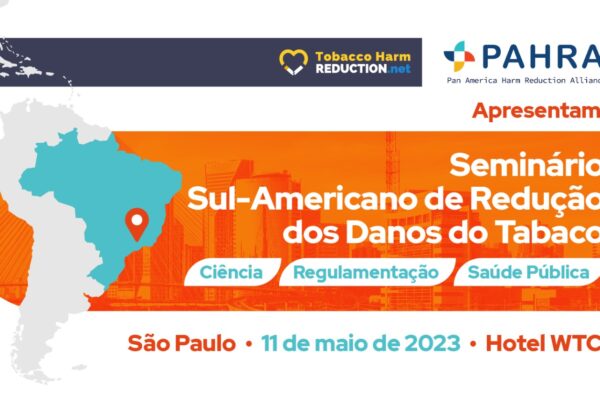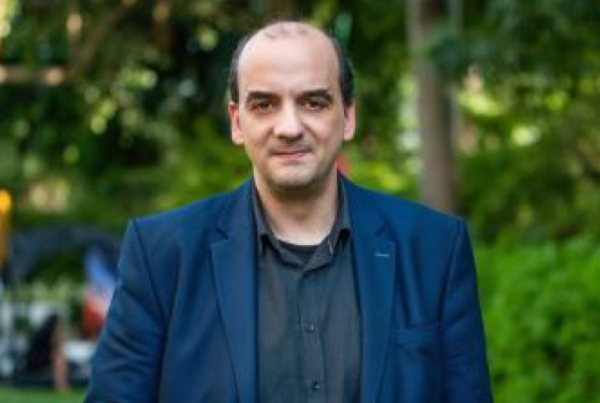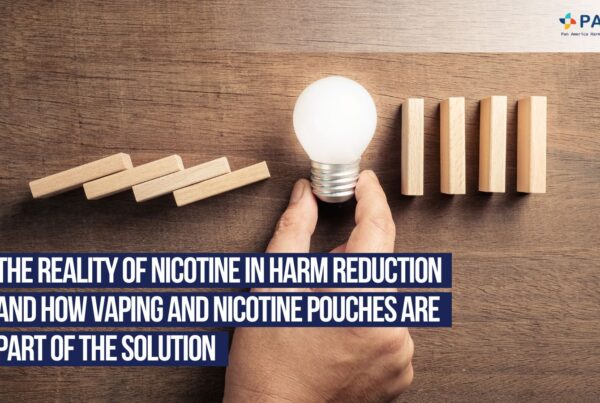
Smoke-Free Sweden embarked on an international outreach to interact with global experts ahead of the Framework Convention on Tobacco Control’s Tenth Conference of Parties (FCTC COP10), which will convene in Panama in November, bringing together representatives from all signatory nations. The aim was to investigate how adult smokers have spared millions of lives in Sweden.
Johannesburg, Stockholm, São Paulo, Dhaka, and Warsaw were among the places we visited. The message was clear: Sweden’s success in going smoke-free has been largely attributed to its ability to make smokeless alternatives to cigarettes widely available, socially acceptable, and reasonably priced.
It was abundantly evident from our discussions with international experts that Sweden approached things in a unique way. We were curious to learn more about the factors contributing to Sweden’s success with alternative nicotine products. What other explanation is there for the fact that smoking prevalence cannot be decreased by tobacco control and education initiatives alone? A few distinct findings emerged for the Smoke-Free Sweden initiative.
Tags
Popular Posts
Quick Links
Related Posts
 Paradigm Shift Needed In Pan America’s Approach to End Smoking
Paradigm Shift Needed In Pan America’s Approach to End Smoking
Paradigm Shift Needed In Pan America’s Approach to End Smoking
 Tobacco Harm Reduction Seminar in Brazil
Tobacco Harm Reduction Seminar in Brazil
Tobacco Harm Reduction Seminar in Brazil
 Systematic Review of Vaping Flavours | Dr. Konstantinos Farsalinos
Systematic Review of Vaping Flavours | Dr. Konstantinos Farsalinos





